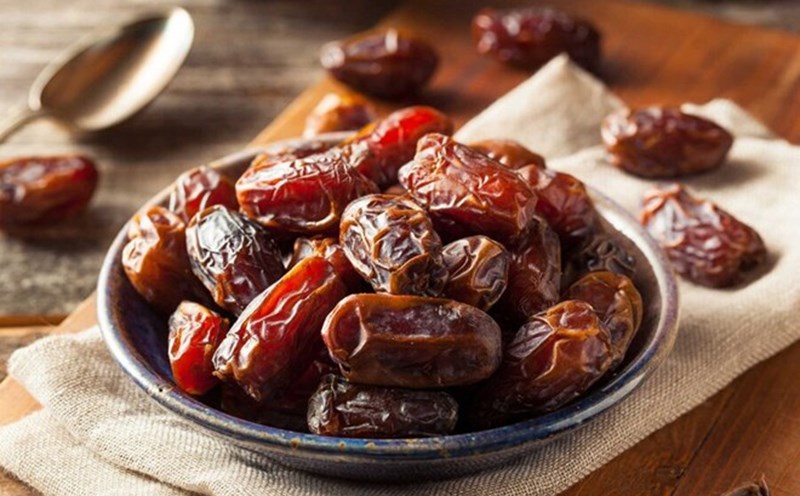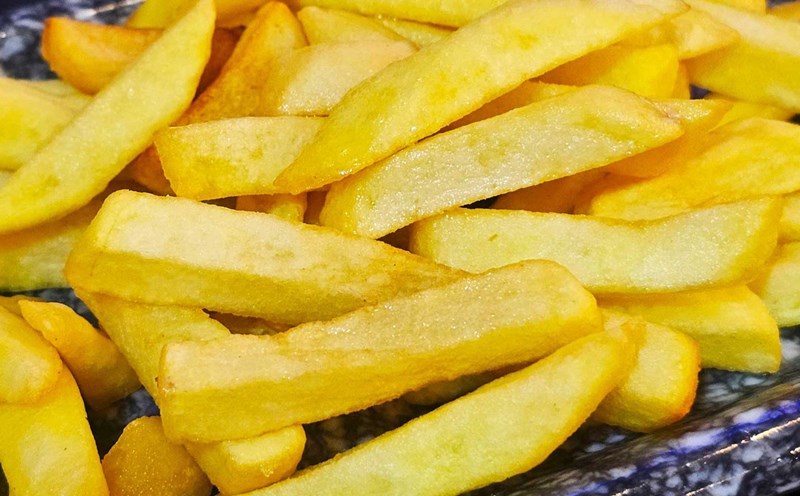Berries
Berries such as raspberries and blueberries are low in calories. Berries contain antioxidants, such as anthocyanins and resveratrol, which can reduce inflammatory disorders and heart disease, while reducing the risk of certain cancers.
Berries can be added to morning cereals, oatmeal, fruit smoothies or just enjoyed with cheese or nuts as a snack.
Pomegranate
Pomegranate contains many antioxidants with many health benefits. Pomegranate helps reduce blood pressure and cholesterol. Add pomegranate juice to smoothie, salad, and oatmeal recipes to increase antioxidants.
Oatmeal
The soluble fiber in oats helps reduce blood cholesterol levels and increase satiety. Meanwhile, insoluble fiber in oats can promote digestive health.
Avocado
Avocado contains potassium, folate, vitamin K, vitamin E and fiber. These impressive nutrients support gut health, improve blood cholesterol levels and reduce body fat.
Avocado can be crushed and added to baked goods, diced and mixed into salads or smoothies.
Spinach
This dark leafy vegetable is rich in nutrients but low in calories. Spinach contains fiber, vitamins A and C, iron, calcium. Spinach also contains nitrates that can improve blood pressure and reduce the risk of heart disease.
Olive oil
The monounsaturated fats in olive oil can reduce inflammation in the body. Olive oil also contains phenolic compounds with antioxidant properties, promoting anti-inflammatory and antibacterial properties.
Olive oil can be used to mix salads, make main oils to stir-fry vegetables, and replace other oils in baked goods or sprinkled on grains to increase nutritional density and flavor.










